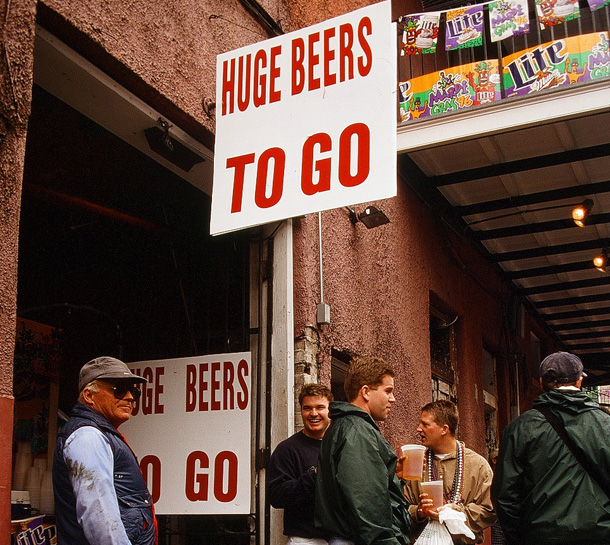03.11.19, BEER AND WINE LINKS
“I am STILL not the Diversity Police”: Some thoughts on the Division of Labor in Activism and Advocacy in Craft Beer.
When J. Nikol Jackson-Beckman nailed her core values to the Twitter wall last month I did one of those low whistles you save for when you are really impressed. This post is the extended version. There’s a lot to take in, and I suggest reading it more than once. Should you not remember, Dr. J is, among many things, the Brewers Association diversity ambassador.
Related to “prioritizing the development of mutually workable solutions” there is this: The Activist Introducing Intersectionality to Hospitality. Brewpubs and brewery taprooms are clearly part of the hospitality industry, and “inequality is built into the structure of the hospitality industry.”
Widmer Brothers’ Slow Descent.
The descent doesn’t look all that slow from here. Jeff Alworth writes that when he began the research for The Widmer Way (official publication date: March 26) the brewery sold 175,000 barrels of beer. After declining 20 percent 2018 it, sales dipped to less than 100,000. To be clear, Widmer doesn’t look to be going in the way of BridgePort Brewing. Still, not a pretty looking trendline. (More here on Craft Brew Alliance’s fourth quarter report.)

